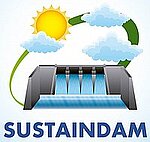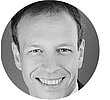Sustainable Management of Hydropower Generation in West Africa
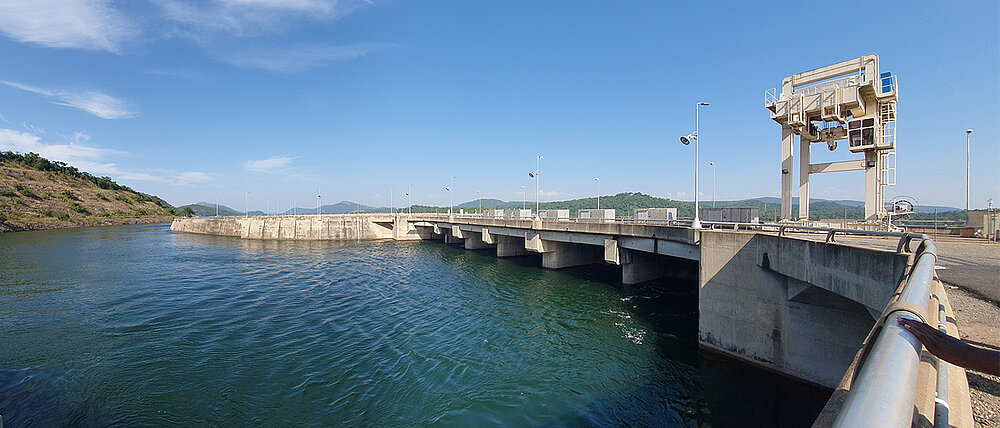
Hydropower generation is the world's largest renewable source of electricity. It contributes to more than 50% of total electricity generation in West Africa. On the one hand, hydropower can contribute to climate change mitigation through low/no greenhouse gas emissions; on the other hand, it can be affected by climate change through changes in the hydrological cycle.
West Africa is facing the negative impacts of climate change and variability associated with frequent extreme climatic events such as droughts and floods, which affect all key sectors such as water resources for agriculture or energy demand, production and supply. These changes threaten countries' efforts to contribute to sustainable development goals.
Climate-Water-Energy Nexus in West Africa
Studies of this specific climate-water-energy nexus are only beginning to emerge in West Africa, while the combination of climate change with other factors such as socioeconomic development or land use and land cover change (LULCC) is likely to affect hydropower production through changes in hydrological systems, soil erosion, and siltation.
The main obstacle to decision making for sustainable strategies is that climate projections are uncertain and the few studies on future changes in LULCC in West Africa are not designed to address the issue of linking water and energy for sustainable development.
The SUSTAINDAM Project
The SUSTAINDAM project aims to help manage and plan hydropower generation in West Africa in a sustainable manner, taking into account climate uncertainties and LULC dynamics. The project aims to build communities of practice with hydropower electricity generation stakeholders (such as dam managers, local policy makers, civil society representatives) to address the challenges, synergies and trade-offs in the climate-land-energy-water nexus in West Africa for sustainable management and planning of hydropower electricity generation.
Four Pilot Sites in Ghana, Côte d'Ivoire, Burkina Faso and Senegal
SUSTAINDAM will focus on four dams (pilot sites) in Ghana (Akosombo), Côte d'Ivoire (Kossou), Burkina Faso (Bagré) and Senegal (Manantali), located in different climatic zones. At the four pilot sites, various decision support tools will be comparatively included in different climatic and socioeconomic contexts – to provide a complete description of the conditions for sustainable development pathways under climatic uncertainty.
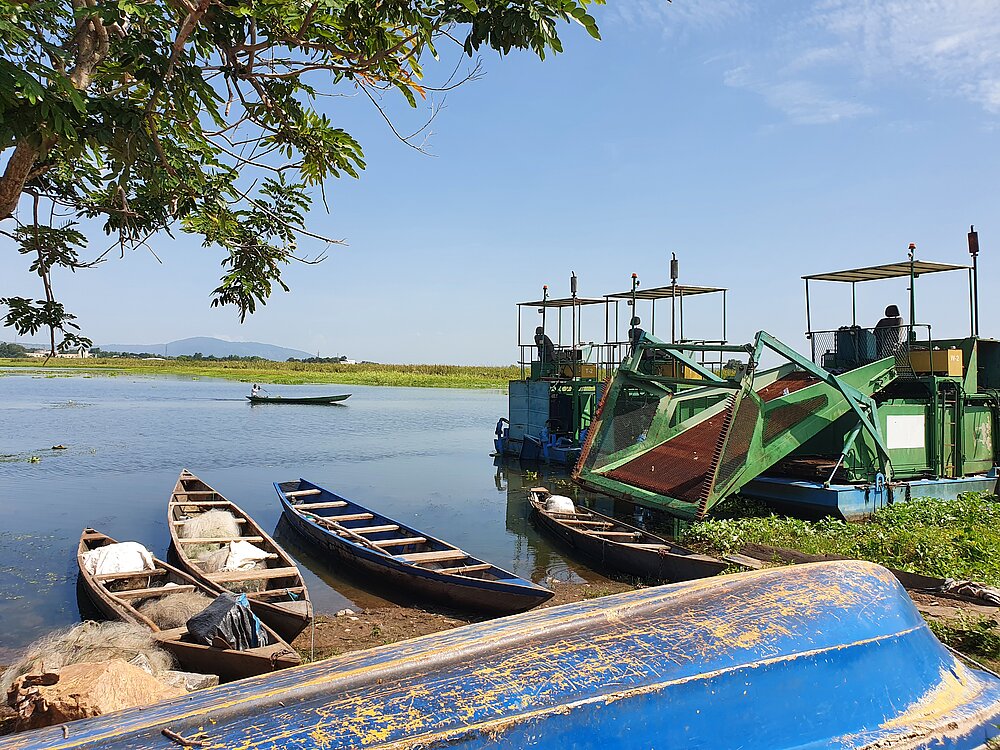
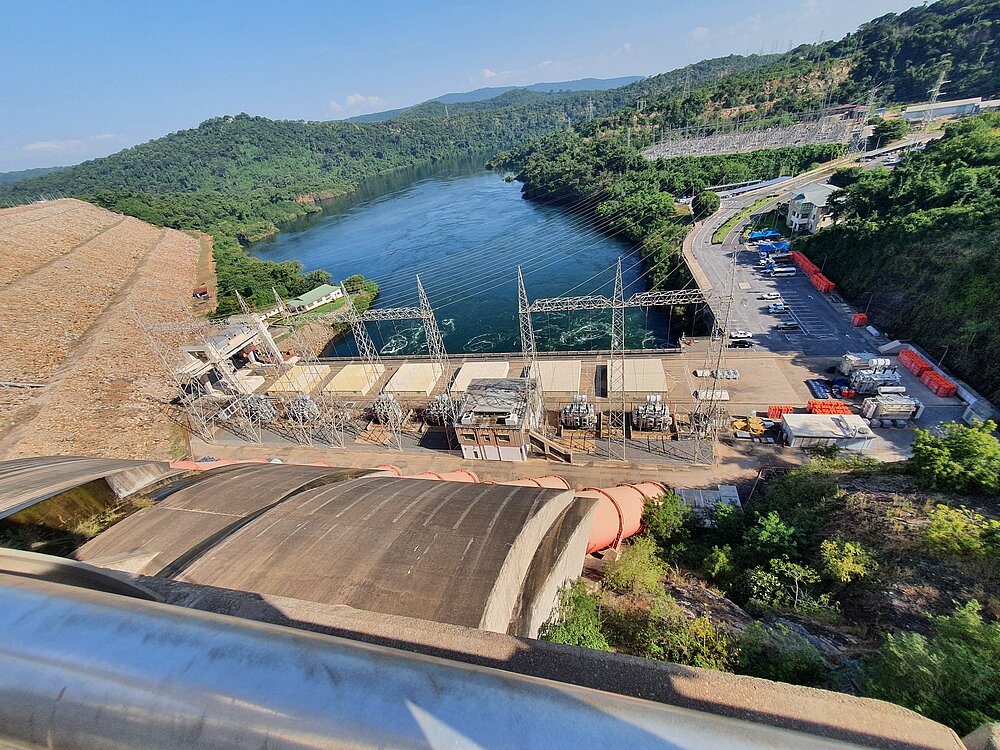
Contact & Links
Dr. Michael Thiel holds a degree in Applied Environmental Sciences from the University of Trier. In 2013, he received his PhD from the University of Jena on the use of texture information of high-resolution SAR data to describe settlement areas. As a research associate at the Chair of Remote Sensing at JMU, he is currently researching and teaching on land use in West Africa.
Dr. Sarah Schönbrodt-Stitt is a postdoctoral researcher at the Chair of Remote Sensing at JMU. Her research focus and interests include sustainable land management, water management, soil properties and soil erosion, ecological modeling, landscape ecology, and environmental hazards and risk management.


